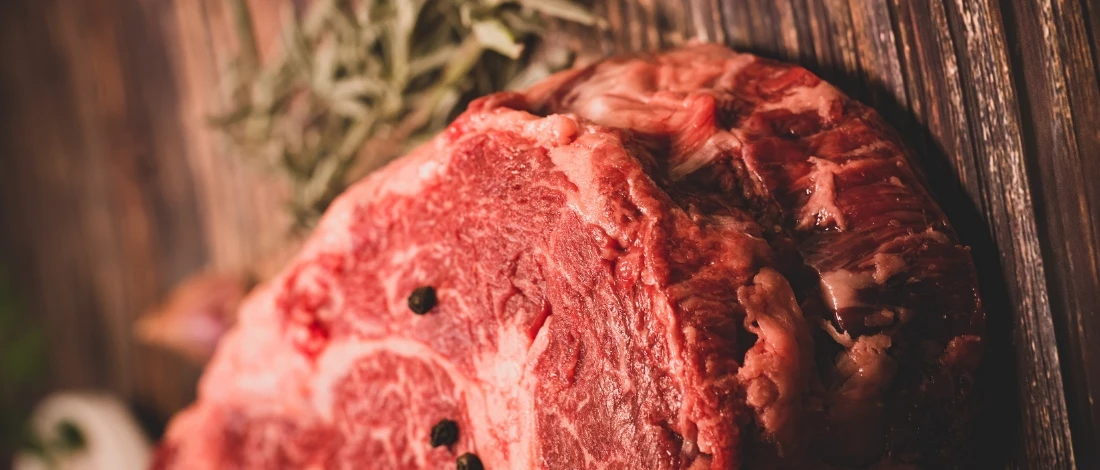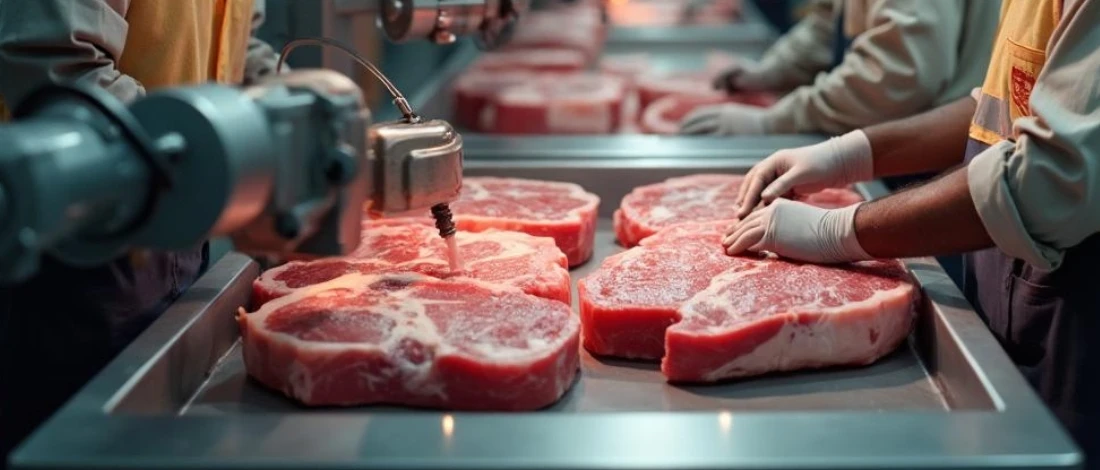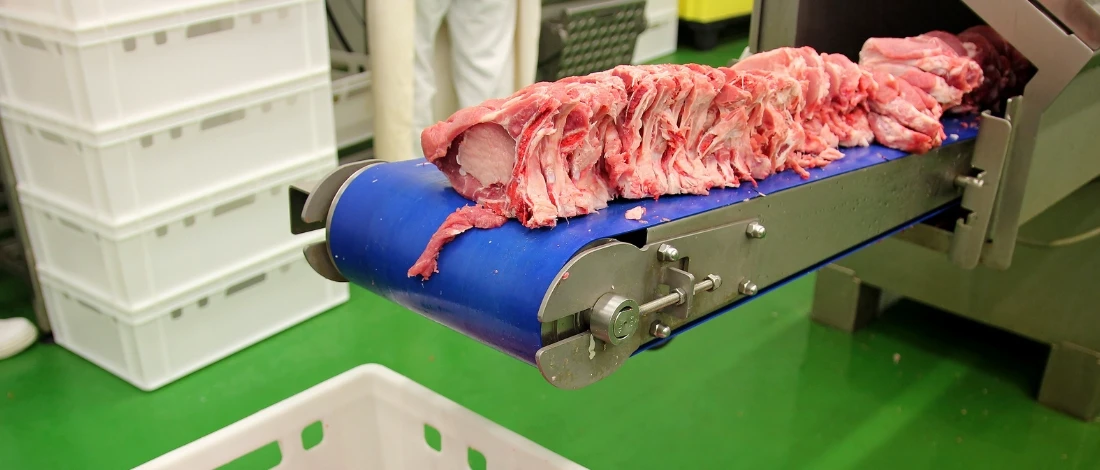Food Recalls on the Rise: What’s Behind the Surge and Why It’s Not All Bad News
Food recalls are becoming an all-too-familiar headline these days. From Boar’s Head deli meats to McDonald’s onions, even Costco’s baby carrots—food recalls are on the rise, and it’s hard to ignore.
But what’s really behind this uptick? And should we be alarmed or optimistic about the trend?
Why Are Food Recalls Increasing?
The increase in food recalls is not just a result of more contaminated products hitting the shelves. It’s also due to more vigilant testing and monitoring by regulators.
As of this year, the U.S. Food and Drug Administration (FDA) reported 211 food and beverage products recalled, withdrawn, or given safety warnings. The U.S. Department of Agriculture (USDA) reported an additional 50 recalls, primarily for meat, poultry, and eggs.
In a post-COVID world, food safety has become a more pressing issue, and the number of recalls reflects a heightened awareness of potential risks.
The Centers for Disease Control and Prevention (CDC) estimates that 48 million Americans get sick from foodborne illnesses every year, with around 3,000 deaths.
A particularly deadly listeria outbreak linked to Boar’s Head deli meats cost 10 lives alone. With these statistics in mind, it’s no wonder that food recalls are receiving more attention than ever before.
Is This a Sign of a More Dangerous Food Supply?
The increase in recalls has led some to wonder: Are food producers becoming too lax? Or are regulators simply getting better at spotting contaminated products before they reach consumers? Experts suggest the latter.
While foodborne illness rates remain concerning, the rise in recalls could signal that the system is working as it should. Stricter safety protocols and better detection technologies mean that potential threats are being flagged sooner—before they can do serious damage.
Though recalls can be alarming, they ultimately serve to protect consumers. The rapid response to food safety concerns ensures that contaminated products are removed from store shelves faster than in the past, preventing further harm.
So, while the rise in recalls may seem unsettling, it’s not necessarily bad news. It’s an indicator that our food safety infrastructure is improving and evolving to meet new challenges.
Want to stay informed on the latest food recalls and how they affect the meat industry? Visit our homepage for essential news and insights on meat safety.






